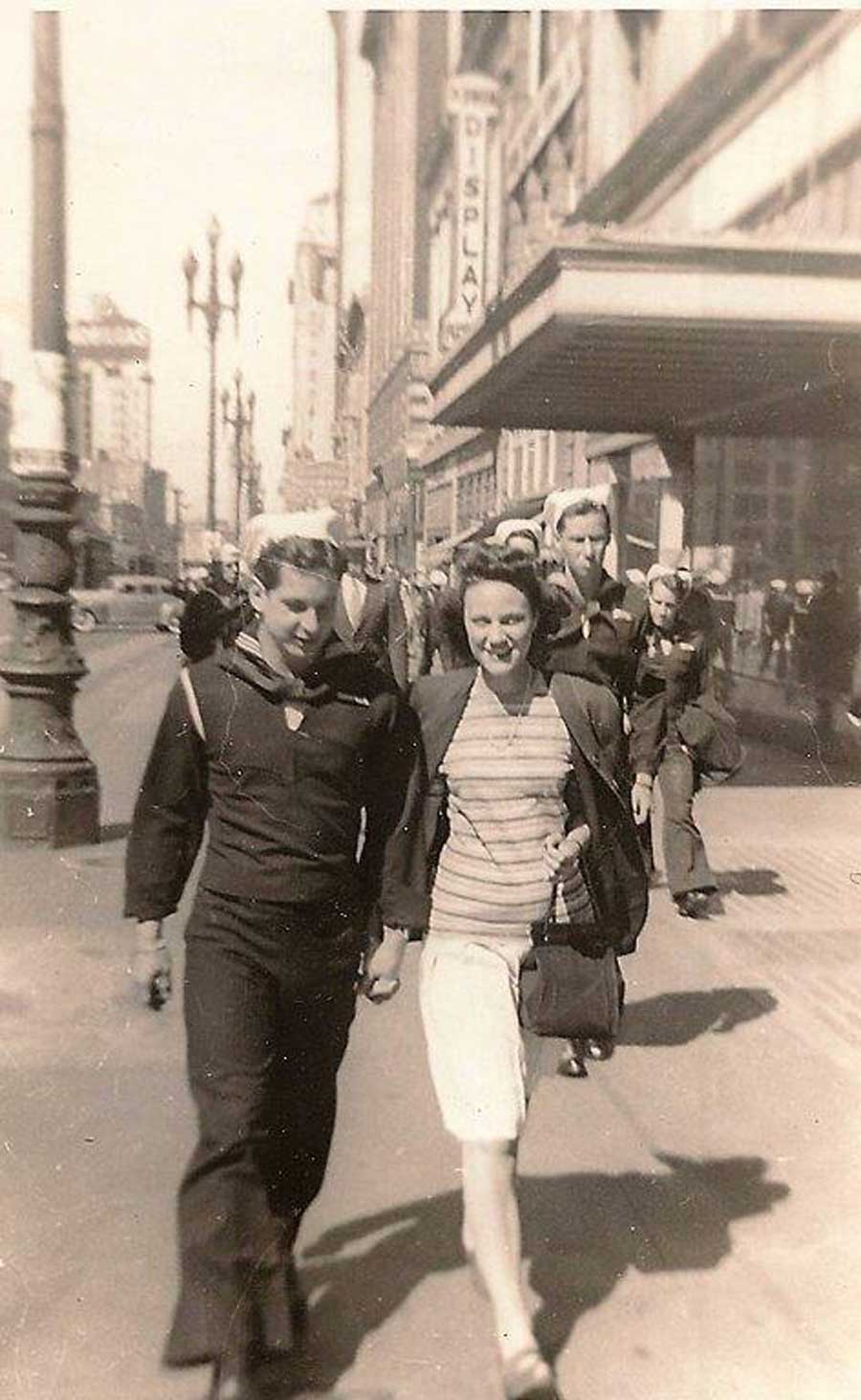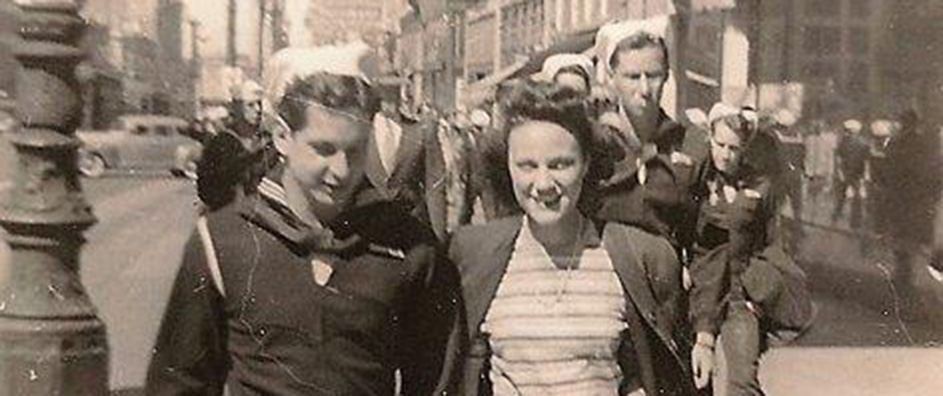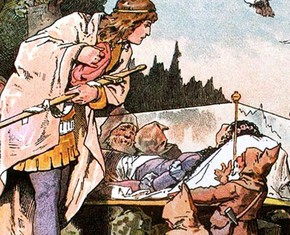The views expressed in our content reflect individual perspectives and do not represent the authoritative views of the Baha'i Faith.
Today is Father’s Day, a day to honor fathers everywhere. Imperfect as they may be, they helped make us who we are. Even if you never knew your father, he left his imprint on you.
I’d like to tell you about my Dad. His enthusiasm, sense of humor and personal magnetism charmed everyone he encountered. He didn’t let work get in the way of his family life, and he encouraged an appreciation of literature, music, dance, theatre, museums, art and fine food. He understood my desire for travel and adventure, and he encouraged me to make my own discoveries. He had a loving 50-year marriage with my mother, even helping to nurse her during the final years of a terrible illness (ALS). Then, one unfathomable day, shortly after his 75th birthday, he put on comfortable clothes, carried photographs and a book of Jewish prayers to his car, drove to a quiet parking lot, put a gun to his head and pulled the trigger.
I will never forget the horror of the long-distance telephone call telling me about his suicide. Anyone who has been through a similar situation knows how life divides into two parts at that moment: Before the suicide and after the suicide. For several years unanswerable questions and my own guesses plagued me. Yet none of my guesses can ever be confirmed, and the truth will never be known.
Only God can judge another soul. As individuals, we are not in a position to truly know the spiritual condition of another person nor are we informed of the effort they are making to fight their spiritual battles. – The Universal House of Justice, August 28, 1991.

Leonard and Dora Lasky, 1944
Though my father had maintained his affiliation with the Jewish community, he was attracted to the Baha’i teachings. He often asked me questions, including what Baha’u’llah taught about life after death and the nature of the soul. He may have known that the Baha’i Faith prohibits suicide, although we never had a conversation about it.
After he killed himself, hundreds of people tried to find a way to accept that a man so loved, admired and respected could chose to end his own life. He had never offered a hint, even during his final months when (we later learned) he had methodically prepared for his suicide. He left us wondering what we missed, what we might be missing in others, what we may even be missing in ourselves.
My father ended his life fifteen years ago, and I am no longer haunted by questions and distressing images. But even before I had moved beyond the initial shock and grief, I resolved never to be ashamed of my father. He had his reasons, mysterious as they may be to me, so I try to honor his memory and celebrate his life.
Fairly early in my grieving process, I felt I needed to find a way to forgive him for the great pain he caused his loved ones and friends. Eventually though, not knowing either his inner state or how he planned the timing and the means of his death, I realized that I could ask God to forgive him for taking his own life:
Therefore children, in return for this care and trouble, must show forth charity and beneficence, and must implore pardon and forgiveness for their parents. – Abdu’l-Baha, Baha’i World Faith, p. 329.
As a Baha’i I know that deeds and prayers in this world can help souls in the next world. The Baha’i teachings say that good works performed in the names of those who have passed on can assist their progress in the next life. Baha’is believe that by consecrating your services to your fellow human beings to the memory of departed loved ones, your actions can rejoice them in the worlds beyond.
To do that, I founded a non-profit charity with the mission of organizing suicide awareness and fundraising events. I talk with others about suicide, no longer afraid of what many people might consider an awkward conversation. I have worked with the Canadian Mental Health Association and a nearby City Council to discuss services for at-risk populations. I have also served as a “living book” at a University library, offering assistance to students seeking perspective on their own troubles.
Both of my parents were imperfect and flawed, like all humans. They were also kind and decent people with good intentions. Neither of them had an idyllic life or an easy death. Yet, through their love for each other, I have been given the gift of my own life.
You May Also Like
Comments

















When a friend of mine killed herself, I wrote this article, based on the Baha'i Writings, to help me make sense of it. Maybe it would help your readers too: http://susangammage.com/suicide-a-bahai-perspective
Your willingness to talk with your step-daughter about this is one of the greatest gifts you can give here. Blessings to you BOTH.